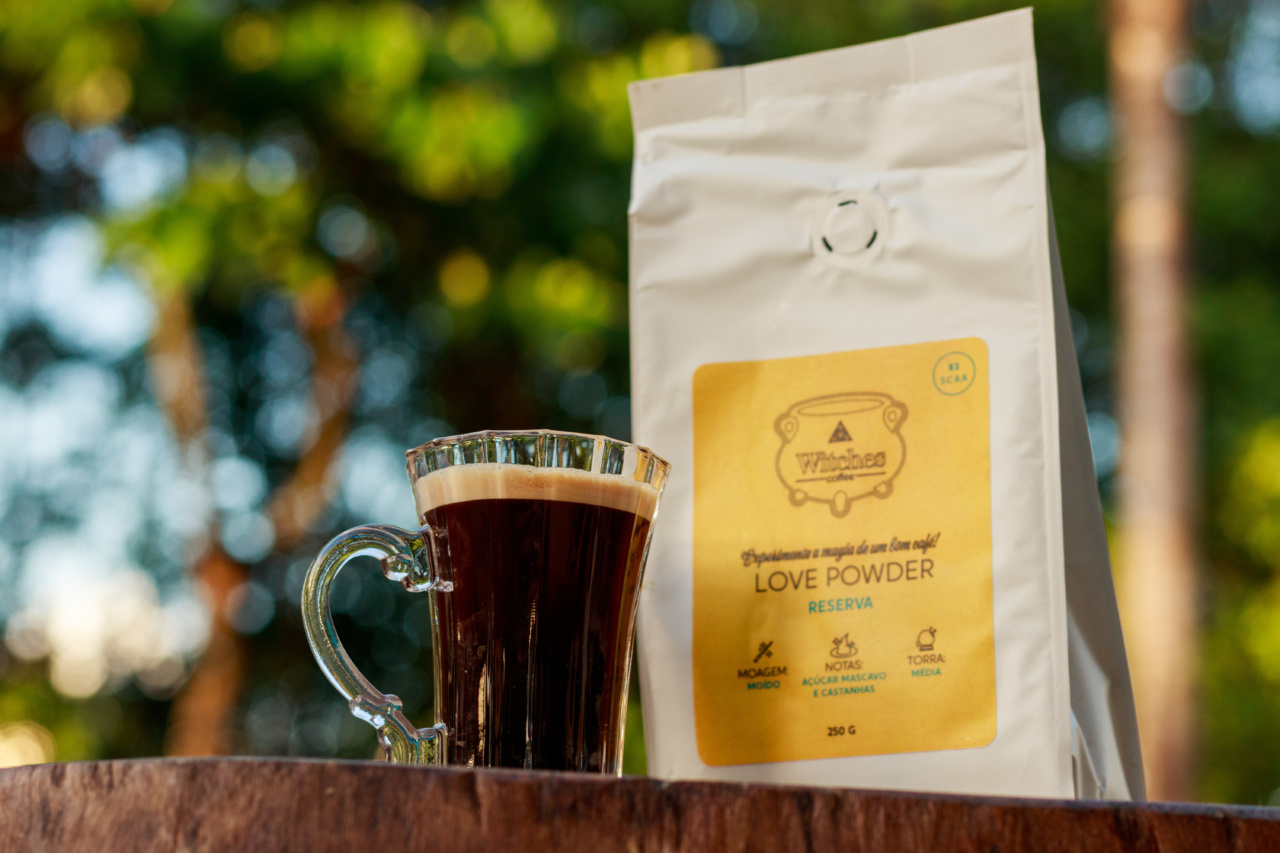As a recovering addict, one of the questions you might be asking yourself is whether or not you can drink coffee while sober.
After all, caffeine is a drug, and many people in recovery are encouraged to avoid all mind-altering substances, including caffeine. So, what’s the truth about coffee and sobriety?.
Is Coffee Safe in Sobriety?
The short answer is, it depends. Coffee is not inherently addictive, and in moderation, it’s generally considered safe.
However, everyone’s body and brain chemistry is different, and some people may find that caffeine triggers cravings or anxiety. Additionally, if you have a history of alcohol or drug addiction, your brain may be more sensitive to the effects of caffeine.
If you’re in early recovery, it’s a good idea to avoid caffeine altogether for a few months. Your body and brain are already going through a lot of changes, and it’s best to give them time to adjust before adding a stimulant.
After a few months, you can slowly reintroduce coffee (or other caffeinated beverages) and pay attention to how your body responds.
The Benefits of Coffee in Sobriety
Despite its potential downsides, coffee can actually be a helpful tool in sobriety. Here are a few reasons why:.
1. It can boost your mood.
Caffeine is a stimulant that can enhance dopamine production in the brain. This can lead to feelings of happiness and pleasure, both of which can be helpful in recovery.
A cup of coffee in the morning can be a great way to start the day off on a positive note.
2. It can improve focus and productivity.
In addition to boosting mood, caffeine can also increase alertness and concentration. This can be helpful for those in recovery who are trying to rebuild their lives and establish new routines.
Drinking coffee before a workout or workday can help you stay motivated and focused.
3. It can provide a sense of community.
Going to a coffee shop and enjoying a beverage with friends can be a great way to socialize and connect with others in recovery. It’s a low-pressure way to spend time with others, and it doesn’t involve alcohol or drugs.
How to Avoid the Negative Effects of Coffee
If you’re concerned about the potential negative effects of coffee, here are a few tips to help you avoid them:.
1. Limit your intake.
Stick to one or two cups of coffee per day, and avoid drinking it later in the afternoon or evening, as this can disrupt your sleep. Also, watch out for coffee drinks loaded with sugar and cream, as these can be unhealthy and addictive.
2. Listen to your body.
If you notice that coffee makes you anxious or triggers cravings, it’s best to avoid it altogether. Pay attention to how your body responds and adjust your behavior accordingly.
3. Try decaf.
If you enjoy the taste of coffee but don’t want the caffeine, try decaf. It still contains some caffeine, but in smaller amounts, which can be a good compromise.
Conclusion: Coffee Can Be Safe and Beneficial in Sobriety
Coffee is not a one-size-fits-all solution, and it’s important to listen to your body and brain when deciding whether or not to drink it in sobriety.
However, for many people, coffee can be a safe and beneficial tool to help boost mood, improve focus, and provide a sense of community. As with any substance, moderation is key.































